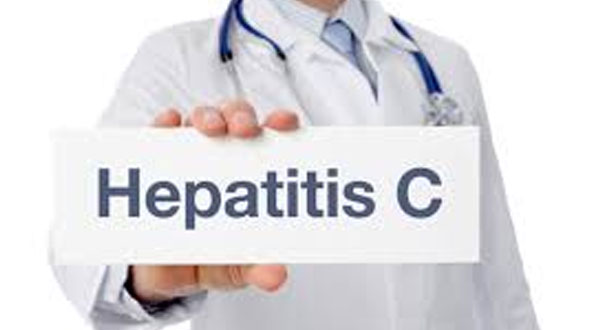Doctors can safely transplant hepatitis C-infected lungs and hearts into people desperate for a new organ, say researchers who may have found a way to protect those patients from getting the risky virus.
The experiment, reported Wednesday, is the latest attempt to put a dent in the United States’ long transplant waiting list by using organs that otherwise would be wasted, often ones from victims of the opioid epidemic.
The new twist: Instead of trying to cure hepatitis C after it took hold in transplant recipients, researchers at Boston’s Brigham and Women’s Hospital say a faster, cheaper treatment seems to prevent infection in the first place.
“This is about not discarding organs that are medically suitable,” said Dr. Ann Woolley, a Brigham infectious disease specialist who co-authored the study in the New England Journal of Medicine.
Transplanting organs that could infect someone with a liver-damaging virus sounds drastic, but the organ shortage has more hospitals giving it a try. More than 113,000 people are on the national waiting list for a transplant; just 36,529 people got one last year. For heart or lung transplants, about 1,000 people a year die waiting.
“I knew that time was getting shorter for me,” said Rexford Kelley, 71, of Searsport, Maine. So he sought out the Brigham study in hopes that accepting a lung infected with hepatitis C would mean a speedier transplant. “I’m thankful I got the lung,” said the retired state trooper, who now breathes easy enough to get back on the golf course.
Until recently, doctors tended to transplant hepatitis C-infected organs only into patients who already had that virus.
But in 2016, spurred by powerful new drugs that promised to cure hepatitis C, surgeons began experimenting with so-called mismatched transplants — giving infected kidneys to hepatitis-free recipients. If those patients showed signs of infection, they got three months of medicine to beat it back. Last year, small studies at the University of Pennsylvania and Johns Hopkins University showed not only were patients cured of their hepatitis, the new kidney worked fine.
It was time to test more scarce transplants of lungs or hearts. Among the questions: Would hepatitis C make it harder to transplant those more fragile organs? And because the hepatitis medicine costs tens of thousands of dollars, could patients fare as well with a shorter — and cheaper — course of treatment?





